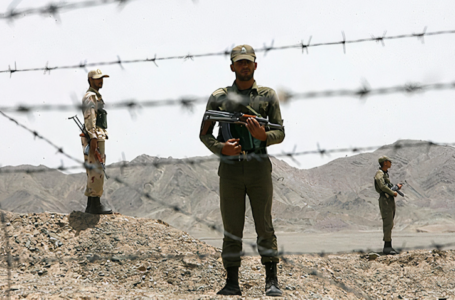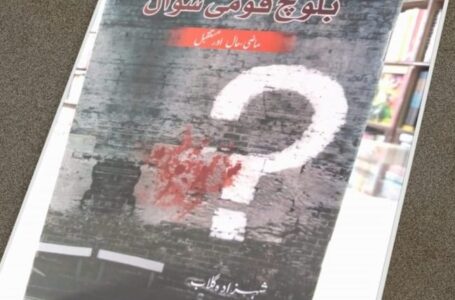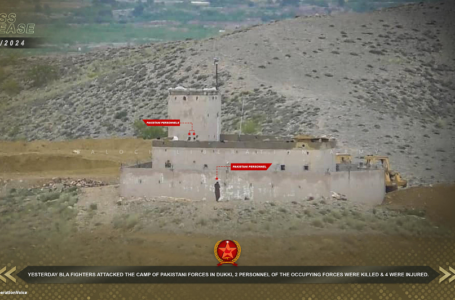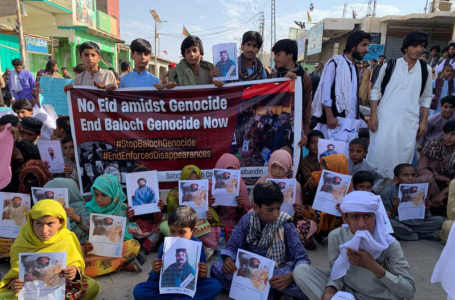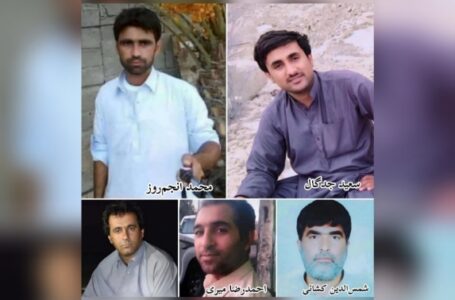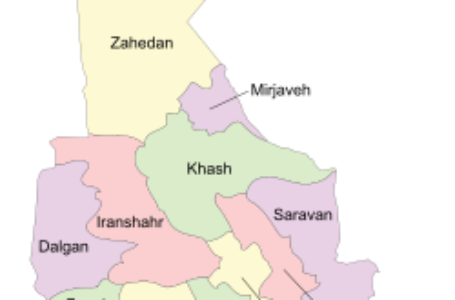Pakistan Army Used Civilians as Human Shields to Counter Our Attack: BLA
Eid in Balochistan: Families protest at Quetta Press Club, Demand for recovery of missing relatives
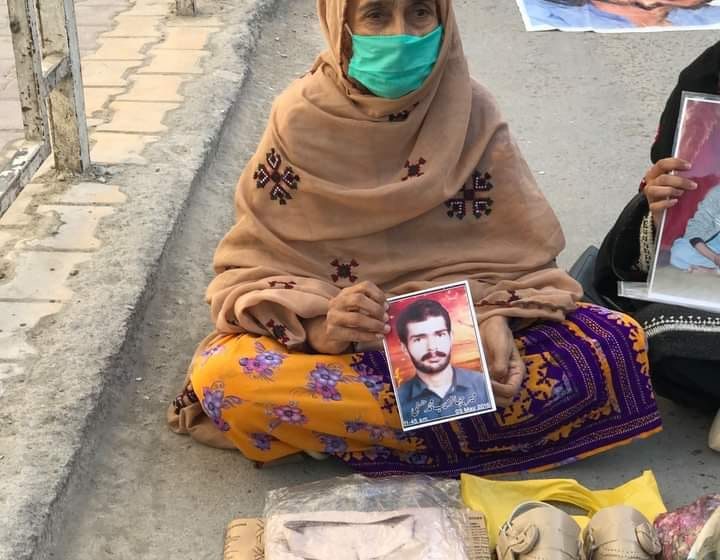
QUETTA: Jahanzeb Qambrani’s mother gets new clothes and shoes for her son every Eid. She does this so that if Jahanzeb suddenly comes home on the day of Eid, he will have to celebrate this festival without new clothes and shoes.
Jahanzeb Qambrani hails from the Sariab area of Quetta and has been missing for the past four years. According to Jahanzeb’s mother, her son has been forcibly taken away.
Demonstrations are now taking place in Quetta the capital of Balochistan every Eid, demanding the safe recovery of missing persons.
Demonstrators also gathered outside the press club on the occasion of the current Eid-ul-Fitr and attended a token hunger strike camp for the return of their loved ones.
On the first day of Eid, when the relatives of the missing protested in Quetta for the recovery of their loved ones, Jahanzeb’s mother also joined the protest with her son’s Eid clothes and shoes.
“After Jahanzeb’s disappearance, I make new shoes and clothes on every Eid with the hope that when he comes, his new clothes and shoes will be ready for Eid.”
She said that when the days of Eid pass and the son does not come, she gives his new clothes and shoes to a deserving person so that he can pray for his recovery.
“If you want your son back, tell your daughter to stay away from protests.”
Voice for Baloch Missing Persons, an organization of relatives of missing persons from Balochistan, has been organizing protests on every Eid for the past several years to demand the recovery of missing persons.
Most of the people in the protest are from Quetta city, but on this Eid-ul-Adha, Seema Baloch from Awaran, far away from Quetta city, also came with her young child and sister-in-law to participate in the protest.
She is the sister of student leader Shabir Baloch, who was reported missing four years ago in Balochistan’s Kech district, according to Seema Baloch.
At the end of 2019, she first came to Quetta with her sister-in-law for a symbolic hunger strike to recover her brother from Awaran, 600 km away [from Quetta].
After her hunger strike, women’s participation in the symbolic hunger strike camp for missing persons in Quetta began to increase.
Seema Baloch says, “Government officials called my mother and told her to tell her daughter to stay away from protests and programs if she wanted her son back.”
“After this phone call, I did not participate in any protest program for a year and a half, but the brothers still did not recover,” he said.
Seema Baloch said that when a member of a family goes missing, the family’s happiness disappears as well. So instead of celebrating Eid at home, she came to Quetta to inform the world about her and her family’s grief through the media.
Among the protesters for the recovery of missing persons was the sister of Hassan Baloch, another youth who went missing from the Sariab Road area of Quetta.
Tears welled up in Hassan Baloch’s sister’s eyes as she addressed the protesters.
He said that after one of her brothers went missing first, he was killed in custody and his body was dumped and now the other has gone missing.
She said that if her brother had committed any crime, he should be produced in court. “If the abductors do not trust these courts [current courts of Pakistan], they should form their own court and present them in it.”
Beberg Baloch, a young man with a disability, also came in his wheelchair to participate in the demonstration.
He said that although none of his relatives was missing, he participates in such demonstrations to express his support and share the pain of relatives of other missing persons.
Mama Qadeer Baloch, the vice-chairman of the Voice for Baloch Missing Persons, said protests have now become their norm on every Eid because not only are people missing, but they are also reportedly killed in custody and their bodies dumped.
He claimed that after killing five members of the Bugti tribe who had gone missing before Eid, their bodies were dumped in the Rajanpur area of Punjab.
However, the CTD, an anti-terrorism agency, said the five were militants who were killed in an armed confrontation with them.
The series of enforced disappearances from Balochistan began after 2000.
The missing persons ‘relatives’ organization and nationalist parties have accused state institutions of “forcibly disappearing” people, but government officials and Home Department officials have vehemently denied such allegations.
Government officials say some elements are conspiring to defame the country and state institutions in the name of missing persons.
Originally reported by BBC Urdu Service

